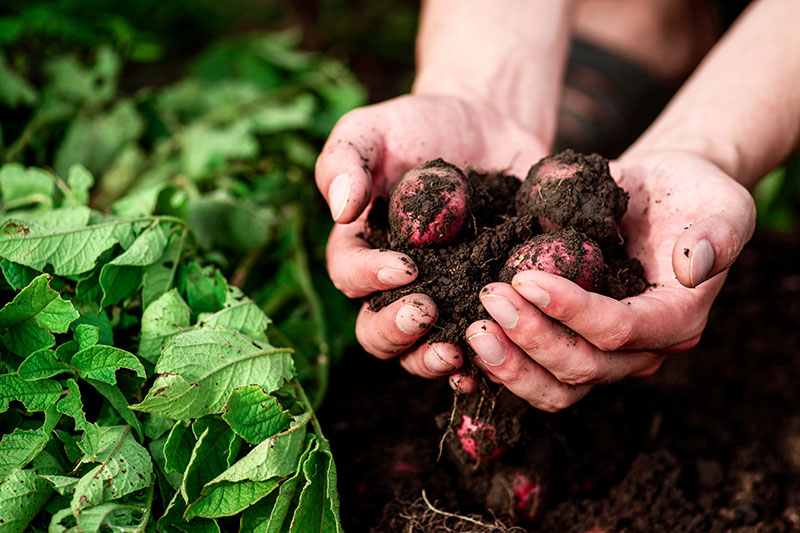The Rise in Importance of Regenerative Agriculture

For some time, under the related rubrics of purchasing organics and living more sustainably, the topics of responsible farming and land management and their linkages to regenerative agriculture have been gaining traction with progressive consumers. Specifically, products sourced with ingredients that restore, rather than deplete, soil health are on the rise as a distinction of interest among the most engaged consumers. One example: Grass-fed, once a progressive term, has become a mainstream buzzword to attract consumers seeking to avoid feedlot dairy and beef for personal wellness, animal welfare and sustainability concerns. In general, regenerative agriculture is a growing movement in which farming practices are used to restore soil degraded by planting and harvesting crops. Related to grass-fed beef, one way to regenerate the topsoil is to graze cattle or bison on land used for growing crops, allowing their manure and left-behind forage to act as natural fertilizers, and plant crops (such as drought-tolerant sorghum) that use less water than conventional crops.
Major media outlets have been covering the rise in cultural interest in regenerative agriculture, including NBC News, which recently posited "Can regenerative agriculture reverse climate change? Big Food is banking on it" and noted "Companies like General Mills, Danone, Kellogg, and Nestlé, among other Big Food corporations, say they're investing in environmentally friendly practices such as rebuilding biodiversity and eliminating deforestation."
Consumers are certainly interested in such efforts. Our Organic & Natural 2018 report finds that the most active "Core" organic consumers (who make up 24% of the current 85% of consumers who buy organics) are increasingly seeing ideal agriculture as becoming less about an absence of chemicals and more about the cultivation of healthy soils and ecosystems. For these consumers, organic no longer represents the highest ideal for how their food is produced. For them, everything that most mainstream consumers are trying to avoid when buying organics (chemicals/pesticides/GMOs, etc.) are shortsighted, band-aid solutions for an agricultural system that simply is no longer working properly, the effects of which manifest in the quality of our food. As such, food that attempts to address these issues goes beyond organic. Consequently, alternative farming movements like biodynamic farming, regenerative organics, transitional farming, vertical farming and hydroponics are all receiving attention, especially from progressive consumers.
Our recent Sustainability 2019: Beyond Business as Usual report echoes these insights and finds that sustainability's association with responsible farming and land management, animal welfare and climate has risen since our last study in 2017. When it comes to living and consuming more sustainably, consumers are keen to better align their sustainable actions with their sustainable aspirations—particularly in areas related to impacts from their consumption of material goods and the conservation of natural resources. Overall, climate and responsible land management—whether through farming or conservation—are of growing significance in consumer definitions of sustainability.
